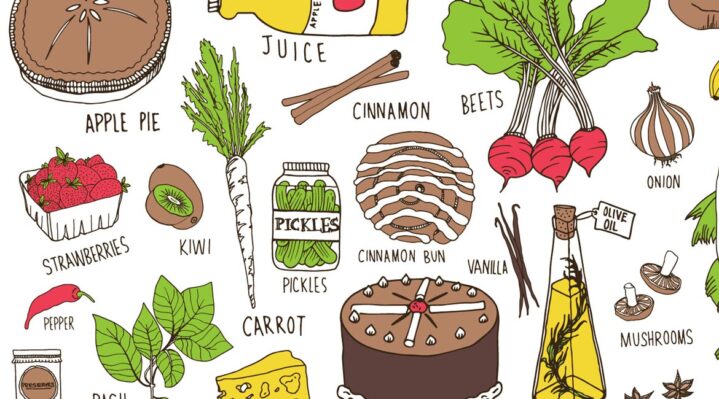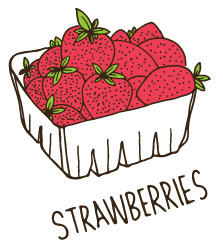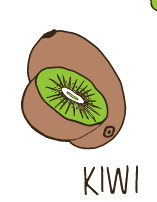
What do I Eat?
Eat (real) food. Mostly plants. Not too much.
I’m so confused”, Heather told me. “I have tried going gluten free, I have reduced dairy and sugar, I eat loads of vegetables and salads yet I still bloat up like a balloon after most meals. It is uncomfortable and even painful at times. Worst of all, I look like I’m 4 months pregnant most of the time.
I’m so sick of this, please help me figure out what to eat.. !” What do I eat?”- It’s a loaded question that pops up when we don’t feel good and when we suspect that food is either part of the problem or the solution. Like in Heather’s case. She was obviously reacting to what she was eating and she wanted to know which foods triggered her digestive issues. Other times the question of what to eat is triggered by an overload of often conflicting information about health and nutrition.

One day there is a documentary on the television about the benefits of being vegan, the next day you stumble on an article that gives sound arguments for eating an ancestral, paleo type diet with plenty of animal protein. One health expert says low fat is the best, the other tells you to eat a ketogenic (high fat) diet.
Who are you to believe?
Being an expat and living in parts of the world very different from the one you grew up in can add to the confusion. Do you hold on to your traditional diet and go out of your way to find ingredients of your native cuisine or do you embrace local foods? None of these questions troubled our ancestors. They just ate according what was locally and seasonally available.
We however, have access to foods from all over the world at any given time. Given all these factors it is no surprise that there is growing confusion around food. The unfortunate fact of the matter is that it is next to impossible to answer the question of what to eat in a simple and straightforward manner. The truth is that it depends. What you need to eat is influenced by many different factors such as your state of health, personal taste, genes, age, physical activity, culture, tradition, beliefs, and environment.

Despite this, there are a few core principles that form the foundation of a healthy diet for anyone, anywhere. Whether you are bloating up like Heather, or you have any other health issues, this is where you begin. Eat (real) food. Mostly plants. Not too much. These 3 simple yet powerful rules were written by Michael Pollan, an American journalist who has done extensive research and written some great books on food, diet and culture.
1. Eat (real) food
In a nutshell this means eating real, whole, unrefined and minimally processed foods. When you look at your plate you
should be able to recognise the ingredients and know where they came from. No food from boxes or packages that have a long list of ingredients most of which are hard to recognise.
2. Mostly plants
Whether your body loves animal protein or whether you are a vegetarian, plant foods are the most critical component of your diet. You want to include a range of rainbow coloured vegetables in every meal. This is what supplies your body with important nutrients in the form of vitamins and minerals as well as phytochemical’s. All of these are essential to build and maintain a strong immune system, detoxification and cellular repair mechanisms, all of which help to protect us from chronic disease.
To get started, begin by including more rainbow-coloured fruits and especially vegetables in your diet. This is a perfect way to start crowding out unhealthy foods and to begin noticing an instant increase in energy.
3. Not too much
Overeating, as well as unlimited snacking between meals contributes to health problems and interferes with proper digestion and blood sugar regulation. This is where it becomes important to slow down and eat your meals slowly, with awareness and in a relaxed setting. To chew your food properly, savour the taste, and recognise when you have had enough.
To wait a few hours before you eat again so that your digestive system can complete its job, uninterrupted! One day in the not so distant future we will be able to run routine blood tests that tell us what to eat: the percentage of macronutrients (protein, carbohydrates and fat) that is right for each of us.
Current genetic testing is already being used as a tool to help inform on some level which foods are good or not as a result of a person’s genetic predispositions. There is no doubt that these tests can be extremely useful but the question remains whether we want or should rely on them to tell us what to eat. While testing may be necessary to investigate underlying health imbalances and identify the best temporary healing diet to help resolve health issues, in the long run what we need is to go back to basics: eat real food, mostly plants and not too much.

It may sound too simple but it works. Heather did exactly that. We identified her ‘trigger foods’, she adopted a temporary elimination diet to allow her digestive system to heal and she learned how to tune in and listen to her body, which in the end is the most powerful way to decipher what to eat.



